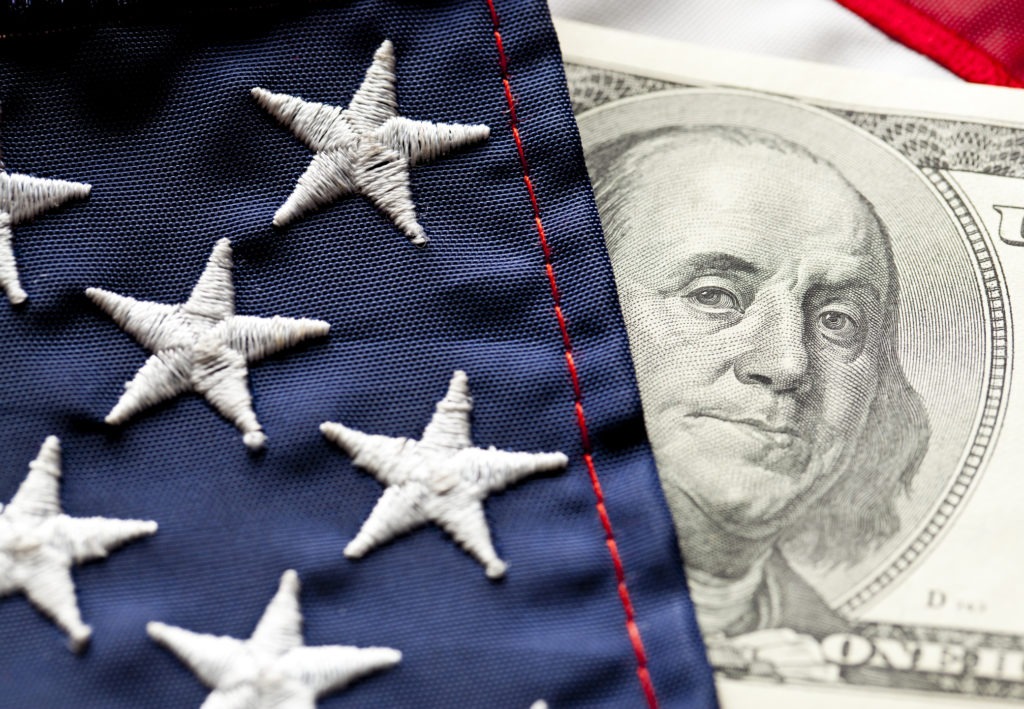Trump predicts he will do 'fantastically well’ in trade talks with Germany, while Merkel, Abe reaffirm trade
24 March 2017

24 March 2017
German Chancellor Angela Merkel and Japan’s Prime Minister Shinzo Abe, meeting last week, reaffirmed their commitment to free trade. It comes after talks between US President Donald Trump and German Chancellor Angela Merkel on 17 March were not as warm as the welcome received by the UK’s Theresa May but, in consolation to German carmakers fearful of punitive tariffs, Trump made clear he did not believe in isolationism. He said: ′I’m not an isolationist. I’m a free trader but I’m also a fair trader.’
Meeting Abe, Merkel said: ′In times when we have to argue with many about free trade, open borders and democratic values, it’s a good sign that Japan and Germany no longer argue about this but rather are seeking to shape the future in a way that benefits people.’
She added: ′We do want open markets, fair trade, we certainly don’t want any barriers but at a time of an ‘internet of things’ we want to link our societies with one another and let them deal fairly with one another, and that is what free trade is all about.’
For his part, Abe hoped to reach a Japan-EU free trade agreement, and Merkel said ′Germany would love to be a driving force behind this.’
Merkel was joined in her White House meeting by BMW CEO Harald Krueger, and the heads of auto supplier Schaeffler and industrial giant Siemens. While Trump said he expects the US to do ′fantastically well’ in trade talks with Germany, Merkel said she hoped the US-EU trade agreement discussions would resume.
The industry heads stressed how many US jobs are tied to ′Deutschland AG.’ 81,000 people are employed in German-owned engineering firms in the US, accounting for more than $32 billion (€29.8 billion) in total revenue.
Krueger said during the Geneva auto show in March: ′America profits from free trade. We are supporters of free trade and not of protectionism.’
Regarding previous accusations by a senior Trump advisor that Germany unfairly profits from a weak euro, the president of Germany’s VDMA (Verband Deutscher Maschinen- und Anlagenbau) engineering industry association was defiant. Carl Martin Welcker said: ′The accusations of President Donald Trump and his advisers are plucked out of thin air,’ arguing that German export success is down to high quality goods, not exchange rate effects.
The former head of Ford Motor Co.’s German operations and now president of the American Chamber of Commerce in Germany, Bernhard Mattes warned in Handelsblatt: ′Even though we currently see the likelihood of a trade war between the United States and Europe as small, we call on those responsible to do everything possible to avoid a standstill or even a worsening of our trade relations. In a trade war, there can be no winners as the global economy is too networked and our supply chains too international.’
Germany’s $54 billion (€50 billion) trade surplus with the US has been a particular point of contention. Krueger and the two other CEOs discussed the effective German system of training employees while on the job, and also giving them the opportunity to attend classes at vocational schools to obtain formal qualifications.
Krueger’s BMW is particularly invested in the US, with its South Carolina plant being its largest factory in the world. It is currently expanding the plant to build 450,000 vehicles annually, with 70% of vehicles destined for export – which BMW says could survive on non-US exports alone if the US erected tariffs, unlike most other Mexican plants. While this would please Trump, BMW is also investing $2.2 billion (€2 billion) in Mexico by 2019. Trump has threatened to impose a 35% border tax on Mexican cars imported to the US. Mexico’s greater number of free trade agreements than the US, and lower labour costs, have meant most recent auto industry growth in the NAFTA free trade area has taken place there, and it now accounts for a fifth of all vehicle production in the region.
The news comes as Ford, which like other US carmakers has been pressured by Trump to retain manufacturing jobs in the US, released its financial results. Pre-tax profits for the still very US-centric company are expected to fall in 2017 to $9 billion (€8.3 billion) from 2016’s $10.4 billion (€9.6 billion) as new car demand in the US falls and it ramps up investments in new technologies such as self-driving cars and ride sharing. It said last month it would invest $1 billion (€925 million) over the next five years in its new driverless car unit called Argo.